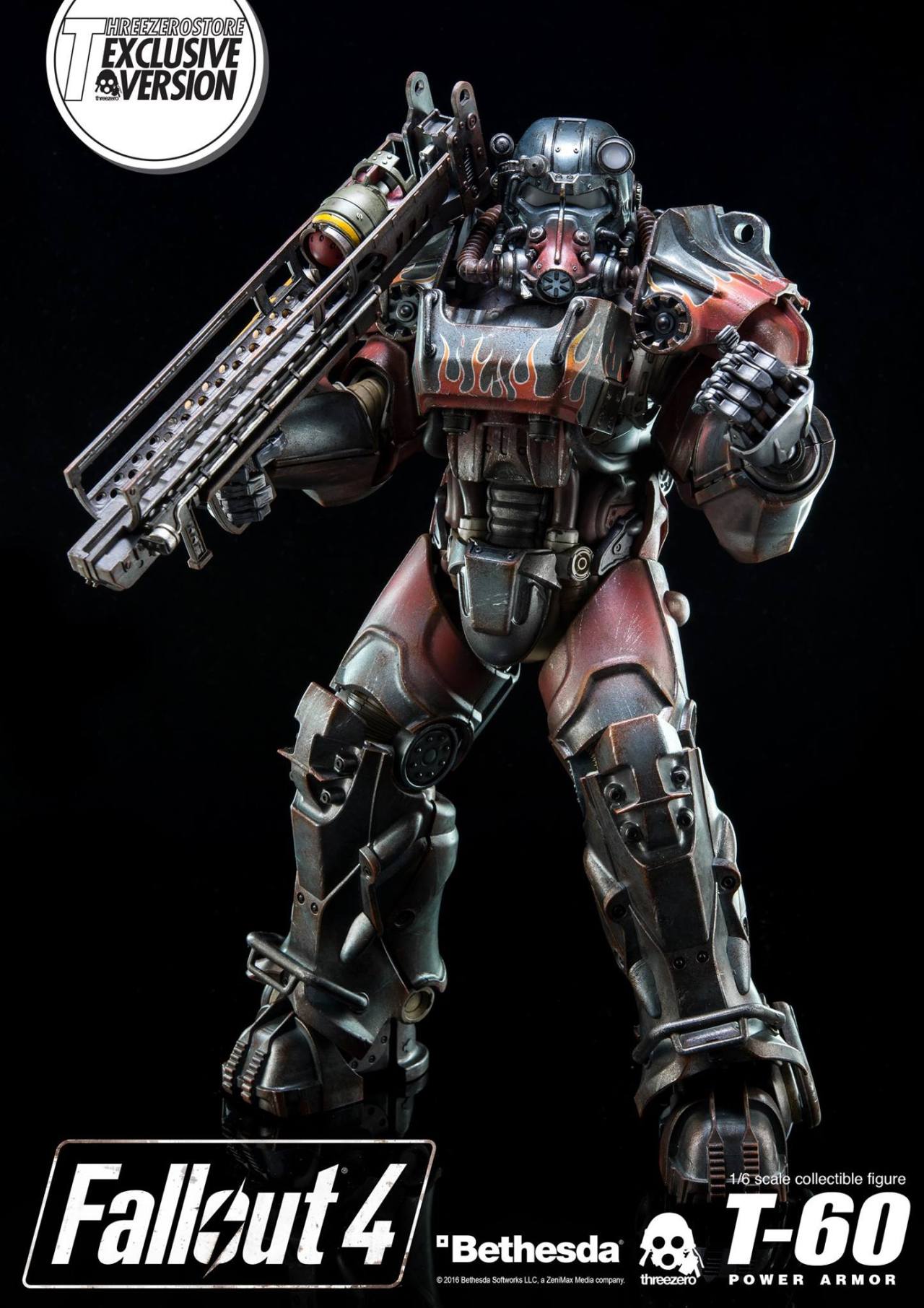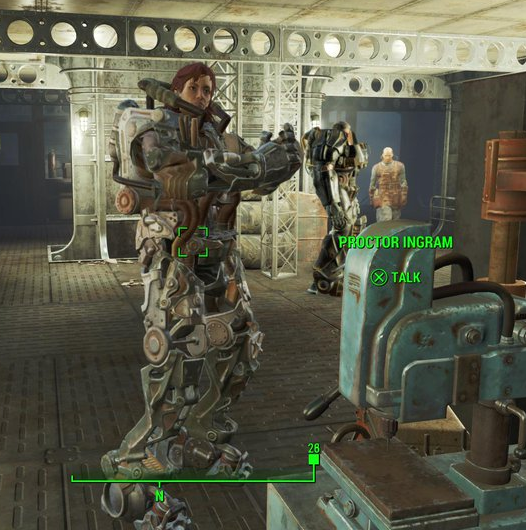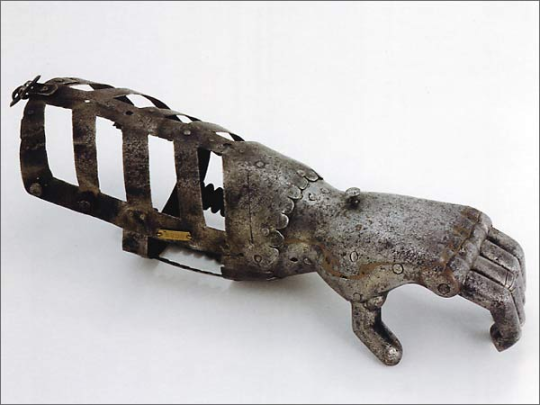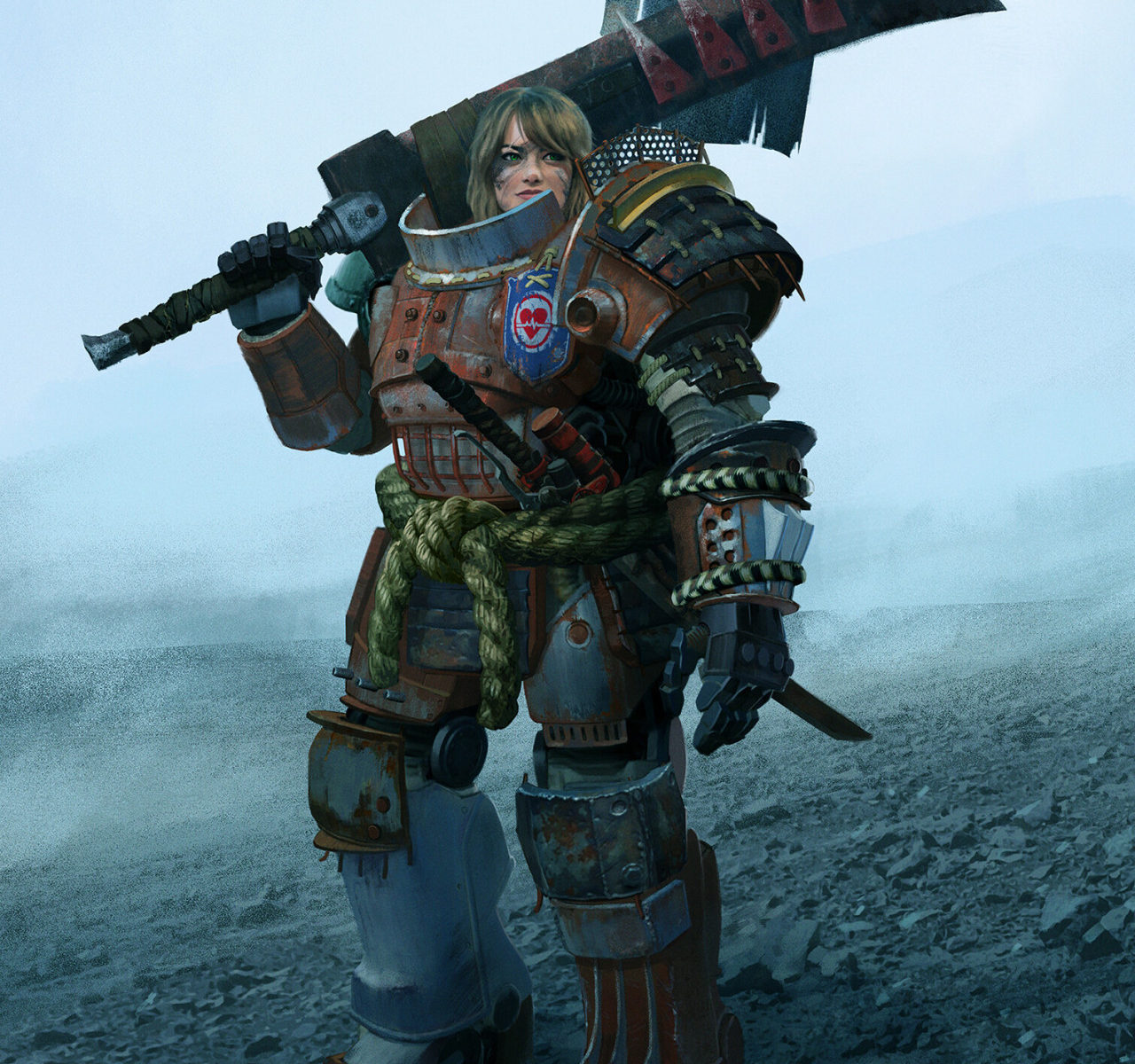

Okay, so if you love women in amazing power armor, love Fallout and love spending money this figure is now available for pre-order.
I really, really, really love this as an example of armor that is larger than life, larger than practical and yet comes across as incredibly effective in it’s own world/setting. It’s amazing.
– wincenworks
How do you feel about Proctor Ingram in the new Fallout game?
For anyone not familiar, this is Proctor Ingram *:

Short answer:

The longer answer is someone more complex and has the necessity of spoilers, so pretty much all of this response sits below a cut.
Spoilers for Fallout 4 below the cut.
Proctor Ingram is a high ranking officer within the Brotherhood of Steel who happens to also be living with a major disability – she lost her legs and is instead relying on a specially modified suit of power armor for mobility.
We’re not really qualified to talk about how this reflects in terms of representation of said disability and unfortunately have not been able to find any helpful opinions or well informed articles talking about it. (If you know any please do link us to one)
However, the use of her armor as a prosthetic is, from an armor design perspective, very awesome and one with a lot of historical precedent. The MET Museum has an iron prosthetic hand (sadly no image available) from the 17th century. Below is another prosthetic hand made to be used in battle (circa 1580) for a man who was renown as a great warrior:

Despite the wide spread belief that soldiers are always super strong, in perfect condition etc the reality is that if you fight a lot you run a good risk of getting hurt, and sometimes you’re expected to fight even if you’re not in perfect condition or even fully abled in the first place.
Dr Tobias Capwell did a talk about Richard III’s scoliosis and how armorers built around scoliosis and a plethora of other issues. To quote Dr Capwell, “Armorers are biomechanics.” We’ve also mentioned it briefly in How Do I Armor.
Designing armor to assist wearers with disabilities and to allow further inclusion of characters living with disabilities is most certainly a much overlooked aspect of the art and one that we’re always glad to see more emphasis put on for improving diversity and appreciation of armoring.
– wincenworks
How do you feel about Proctor Ingram in the new Fallout game?
For anyone not familiar, this is Proctor Ingram *:

Short answer:

The longer answer is someone more complex and has the necessity of spoilers, so pretty much all of this response sits below a cut.
Spoilers for Fallout 4 below the cut.
Proctor Ingram is a high ranking officer within the Brotherhood of Steel who happens to also be living with a major disability – she lost her legs and is instead relying on a specially modified suit of power armor for mobility.
We’re not really qualified to talk about how this reflects in terms of representation of said disability and unfortunately have not been able to find any helpful opinions or well informed articles talking about it. (If you know any please do link us to one)
However, the use of her armor as a prosthetic is, from an armor design perspective, very awesome and one with a lot of historical precedent. The MET Museum has an iron prosthetic hand (sadly no image available) from the 17th century. Below is another prosthetic hand made to be used in battle (circa 1580) for a man who was renown as a great warrior:

Despite the wide spread belief that soldiers are always super strong, in perfect condition etc the reality is that if you fight a lot you run a good risk of getting hurt, and sometimes you’re expected to fight even if you’re not in perfect condition or even fully abled in the first place.
Dr Tobias Capwell did a talk about Richard III’s scoliosis and how armorers built around scoliosis and a plethora of other issues. To quote Dr Capwell, “Armorers are biomechanics.” We’ve also mentioned it briefly in How Do I Armor.
Designing armor to assist wearers with disabilities and to allow further inclusion of characters living with disabilities is most certainly a much overlooked aspect of the art and one that we’re always glad to see more emphasis put on for improving diversity and appreciation of armoring.
– wincenworks







